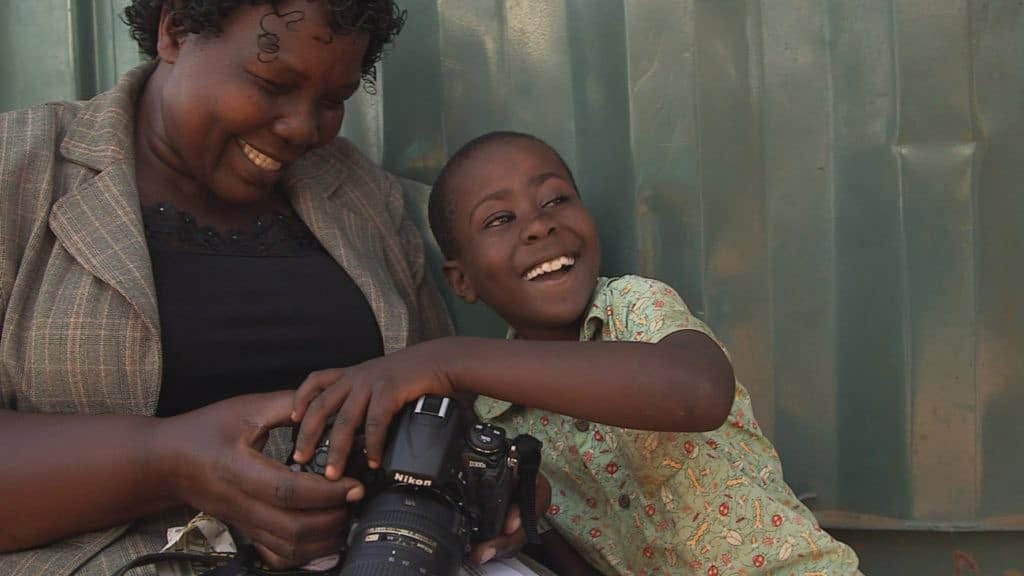The Only Point of Jessica Yu’s ‘Misconception’ Is the One In Disappointment

All great artists have the occasional failure, and unfortunately the Oscar-winning documentarian Jessica Yu has another one with Misconception. The filmmaker best known for In the Realms of the Unreal and the short Breathing Lessons: The Life and Work of Mark O’Brien previously showed promise of being a great gift to the issue doc with Last Call at the …
Keep reading with a 7-day free trial
Subscribe to Nonfics to keep reading this post and get 7 days of free access to the full post archives.



